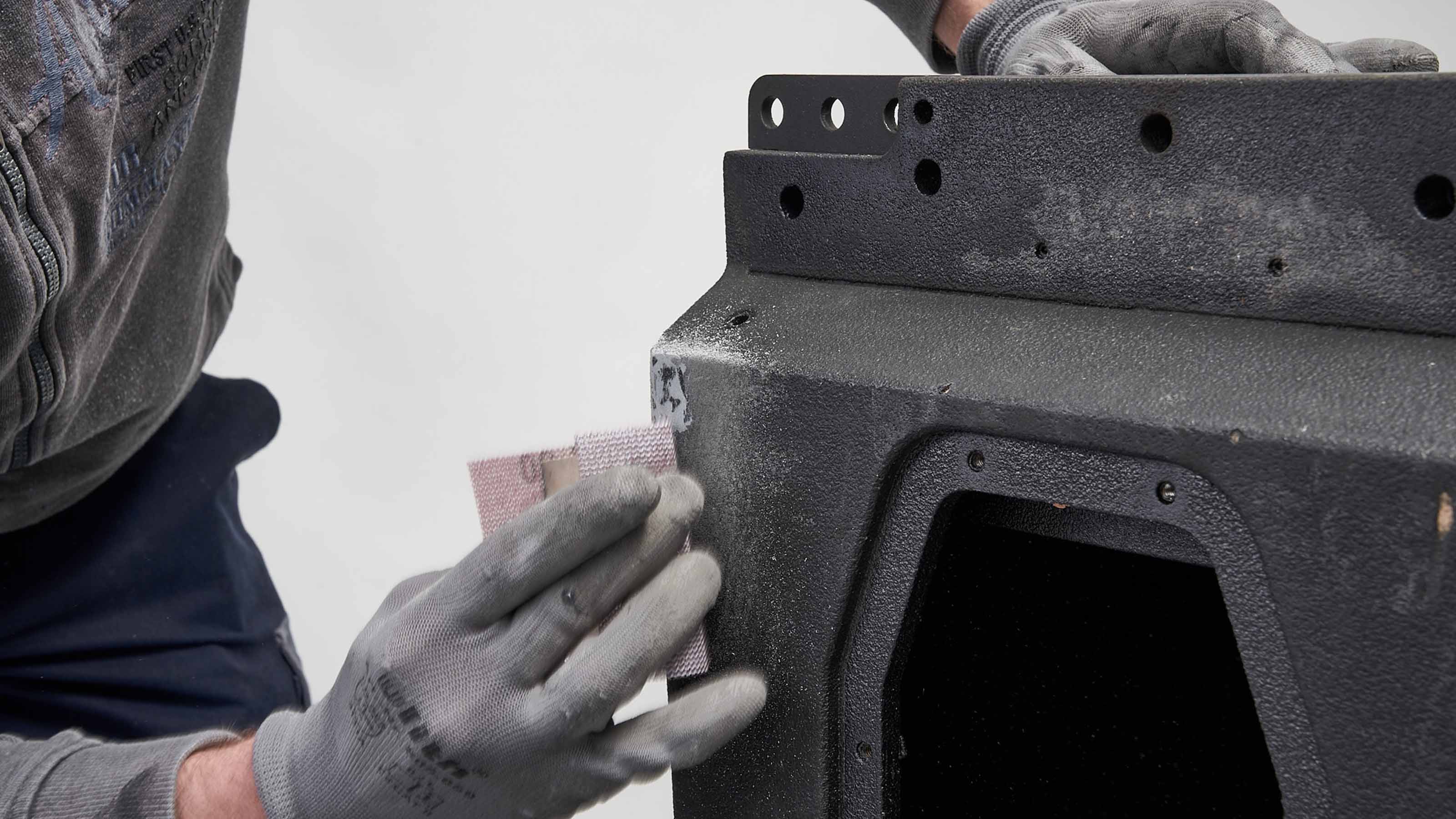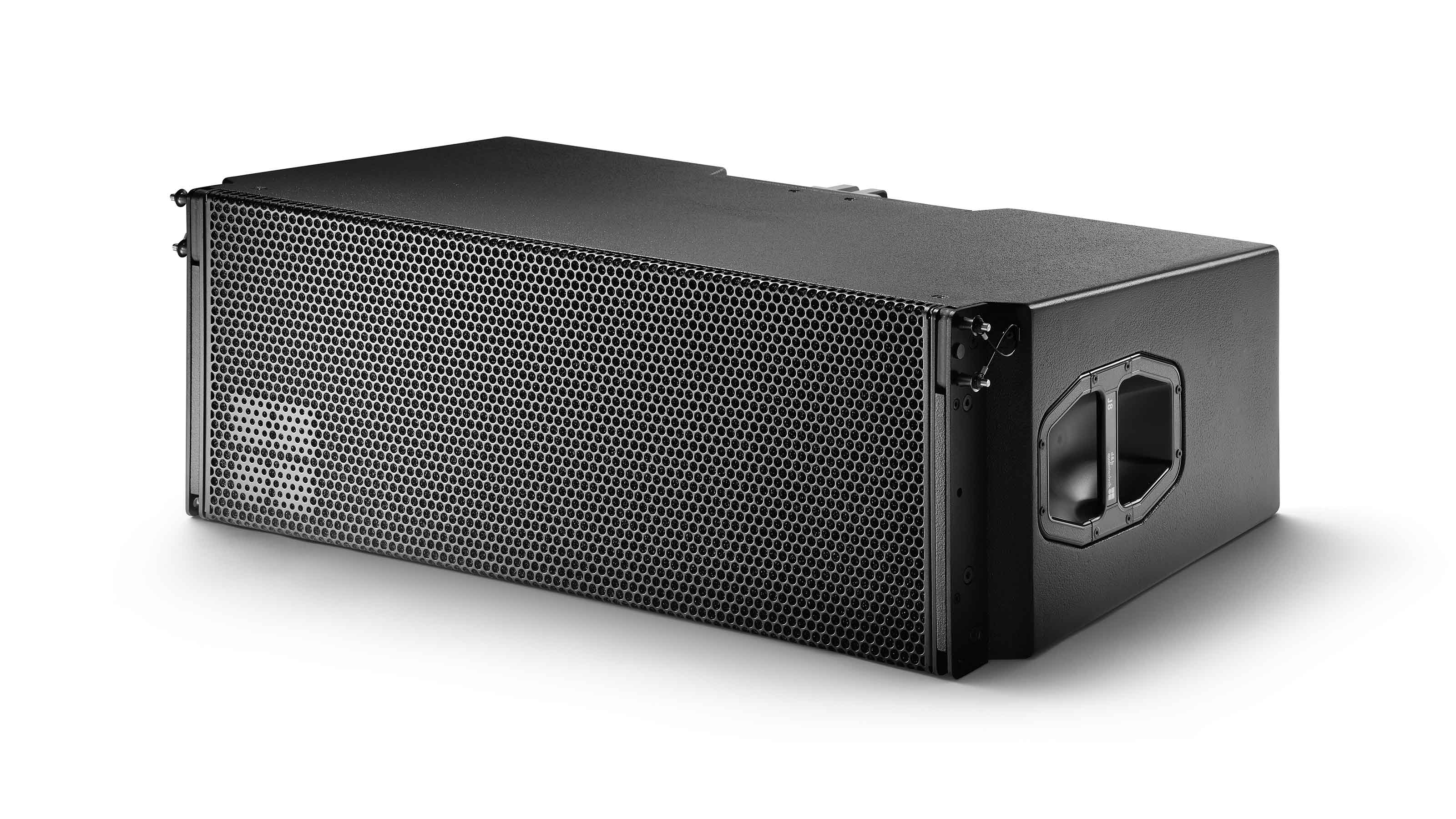
Society’s trend toward sustainability is becoming increasingly relevant in the event industry. Consequently, manufacturers of audio, video, and lighting equipment are delving more deeply into the idea of sustainable products, aligning their offerings with the growing demand for eco-friendly solutions.
[Sustainability: A Pro AV Progress Report]

For businesses, sustainability combines responsible incremental improvement across three central pillars: environmental, social, and governance (ESG). The concept goes beyond minimizing environmental damage, with global frameworks such as the United Nations' Sustainable Development Goals providing a basis for developing responsible production practices, climate action policies, and promoting an equitable approach to work, among many other priorities. The products we make and bring to market are also measured against these criteria, reflecting our commitment to integrating sustainable practices throughout our operations and product development.
It Starts with Design
It’s essential that the consideration of sustainability be deeply integrated into a manufacturer’s design process because, as all responsible producers should recognize, more than 80% of a product's environmental impact is determined at this stage. And wherever possible, that focus should extend beyond functionality to consider end-of-life scenarios, emphasizing measures such as recycling and remanufacturing to minimize waste. By collaborating closely with suppliers, a responsible manufacturer can ensure that its materials and processes meet high sustainability standards.
[d&b Soundscape Powers The Greatest Show on Earth]
We believe that environmental responsibility is crucial, both for a business’s long-term success and for the well-being of the human race. With this in mind, we have aimed to set new standards for this industry. In practical terms, the impact of this approach can be profound, with high-profile examples such as Coldplay's adoption of energy-efficient audio systems illustrating significant energy and CO2 footprint savings of up to 50%.

When it comes to products’ end-of-life scenarios, our Certified Pre-Owned (CPO) system has been a pioneering measure for the pro audio industry, introducing a clear understanding of circular economy principles. For our CPO product, we hold a BSI Remanufacturing certification, which is publicly accessible on our website.
Thanks to this key remanufacturing measure, each CPO system can save up to 80% in CO2 emissions, keeping many valuable raw materials in circulation. This initiative not only highlights a commitment to sustainability, but also sets a benchmark for environmental responsibility in the industry, demonstrating a determination to reduce the ecological footprint of products while maintaining high-quality audio performance.
Our ESG strategy propels us toward continuous innovation. We ensure transparency in our sustainable practices, so they are clearly visible and understandable for our customers, demonstrating a commitment not only to environmental stewardship but also to fostering trust and accountability in our industry. Pro audio customers worldwide need to be able to recognize that their chosen supplier is not only taking tangible steps toward reducing their overall environmental footprint, but also that by choosing that supplier’s products, they are themselves contributing to a more responsible and sustainable future.
Material Concerns
Making sustainable loudspeaker systems requires extensive use of recycled and renewable materials. For instance, metals with high secondary content help minimize raw resource extraction, while FSC certification tracks timber origins from sustainable harvesting. Increased deployment of recyclable materials also aids end-of-life recovery and reuse.
The quest for sustainability drives innovation: More efficient amplifiers and lighter system components lower transport costs and associated carbon emissions while retaining acoustic quality. However, quantifying the benefits of sustainable audio technology using KPIs such as power consumption is vital, particularly because it helps track progress and communicates the advantages of sustainable practices to consumers and stakeholders.
For the global pro audio industry, sustainability must be a fundamental principle in designing, manufacturing, and operating systems.
All manufacturers should be seen to embed sustainable practices for continuous improvement within their business practices, including partnering with suppliers who prioritize secondary raw materials. What’s more, that dedication should be transparently evident; a sustainability report, for example, should detail the manufacturer’s efforts to reduce its environmental footprint and improve product sustainability. Such a commitment underscores a deep belief in responsible stewardship in the business world, highlighting a dedication to environmental responsibility and sustainability in all aspects of operation.
For any responsible manufacturer developing premium products, it's crucial to rely on industry standards. By comparing the standards for quality management with those for sustainability management, one can discover their core similarities.
At its heart, sustainability management is quality management. It is good to be renowned for the quality and durability of the loudspeaker systems or any other product you design and build, but such a reputation should only be seen as the foundation for the continued, ongoing effort to make products ever more sustainable. By aligning sustainability initiatives with established quality management principles, a manufacturer can ensure that its commitment to environmental responsibility enhances its products' performance and longevity, contributing to its sustainability as a business as well as continuing its legacy of excellence and innovation.
Deployment Considerations
Beyond focusing on the practicalities of production processes and product lifecycles, it is also essential to analyze the environmental impact of that product’s deployment and use in the market. New sustainable business models form an important part of this.
For example, there's the introduction of new models based on the Product-as-a-Service (PaaS) approach, where the producer owns the product throughout the value chain and where the customer moves from ownership to renting. These initiatives are crucial steps toward reducing an item’s global climate impact. By offering PaaS, we not only extend the lifecycle of our audio systems but also decrease the overall environmental footprint, aligning with our commitment to sustainability and innovation in reducing global climate effects.
Manufacturers can also take crucial steps toward sustainability in collaboration with artists and sustainability initiatives. It is essential to understand which sustainability measures work well at events and where there are gaps that need solutions.

A responsible manufacturer should take on the role of an active partner alongside its customers, supporting them in achieving their own sustainability goals. Such a partnership approach allows the sharing of insights, the development of tailored solutions, and the further promotion of best practices in sustainability. Manufacturers must work together with their customers and end users to deliver a collective impact on environmental conservation within the event industry.
For the global pro audio industry, sustainability must be a fundamental principle in designing, manufacturing, and operating systems. Manufacturers at the forefront of this movement must ensure that their products benefit the entire value chain. This includes reducing carbon footprints, improving quality and efficiency, and optimizing end-of-life processes—but it should also go beyond manufacturing to enable artists, venues, and vendors to meet their environmental and social objectives.
By adopting more sustainable manufacturing practices and technologies, as well as product lifecycle strategies and new business models, the pro audio sector can contribute significantly to climate goals. It’s a commitment that not only aligns with global sustainability efforts, but also ensures that live event experiences will continue to inspire millions of fans worldwide, sustainably, in the years to come.







